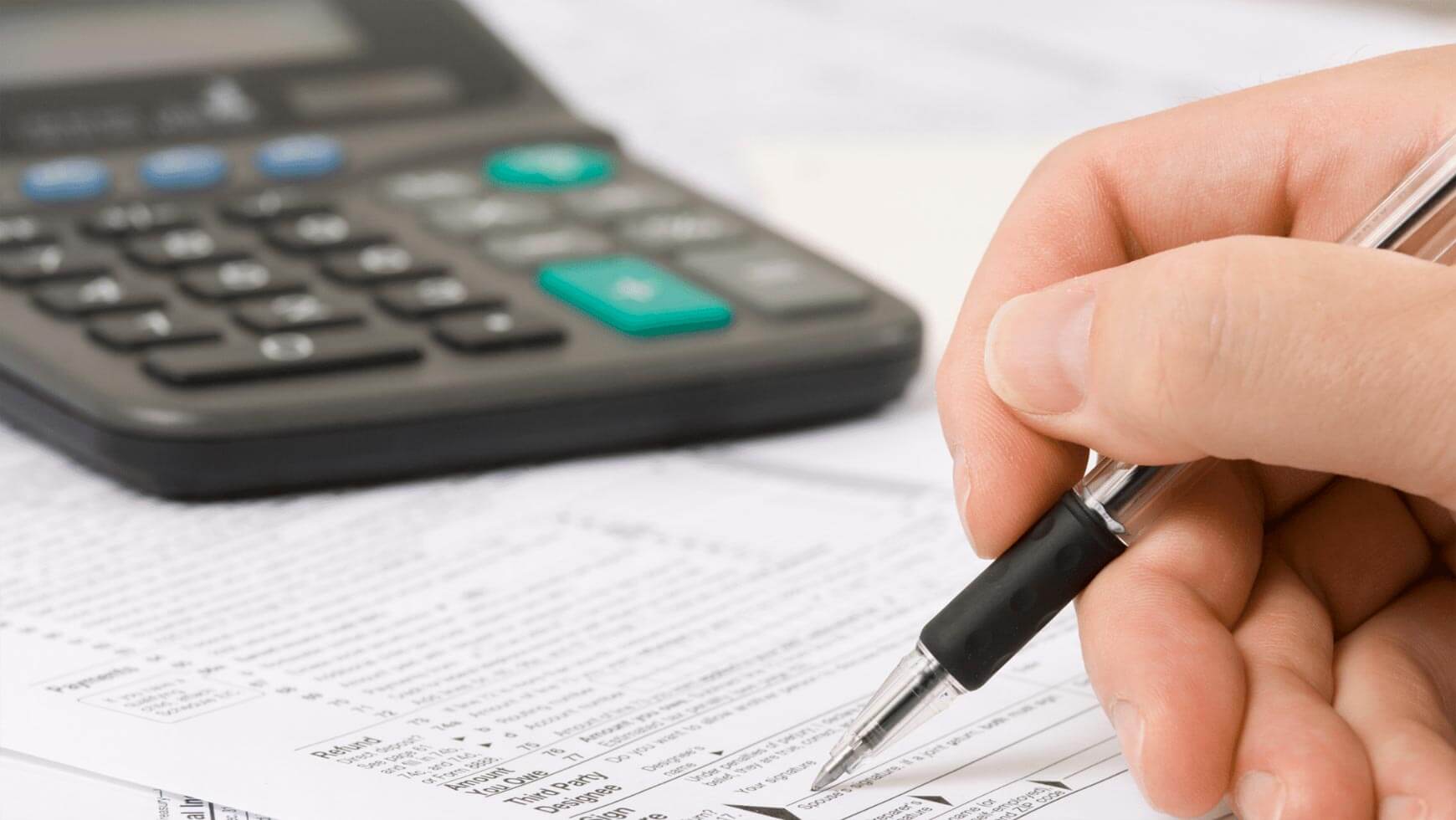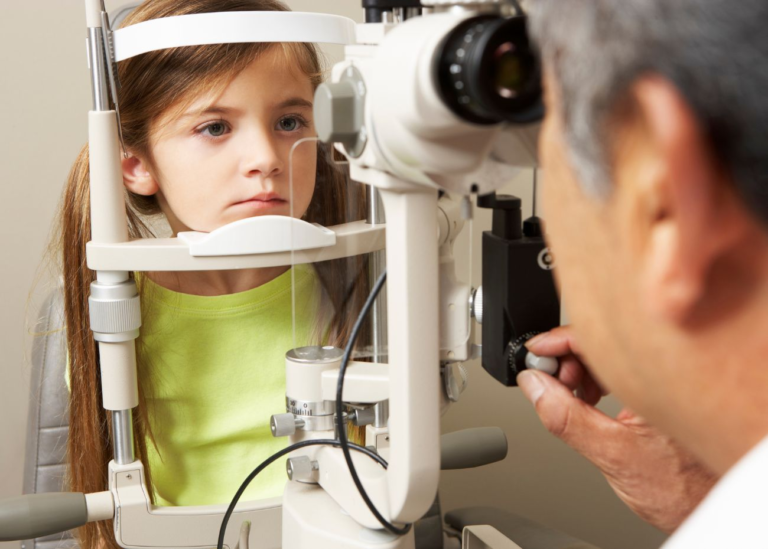If you work as a self-employed taxi driver, HMRC require you to file a self-assessment tax return each year. This tax return is used to record your earnings and expenses, and to calculate how much tax you should be paying.
If you’re new to being self-employed and haven’t completed a self-assessment tax return before, we know it can be daunting knowing what information and deductions to include, and indeed which form to fill out and submit in the first place.
HMRC penalties for filing an incorrect or late set of accounts can be severe, so it’s worth taking the time to understand how the system works.
However, Using Accountancy N Tax Services, Wallington, 02071129098 or info@accountancyntax.co.uk or https://accountancyntax.co.uk we will go through the process of filing your tax return as well as highlighting some of the tax benefits you’re entitled to as a self-employed taxi driver.
I am Taxi Driver – What to do now?
You are considered a self-employed taxi driver if you work for yourself and set your own hours. Even if you use someone else’s vehicle for your job and use the services of a dispatcher, in the eyes of HRMC you are considered an independent contractor. Because of this, you will need to deduct expenses on your self assessment return, to lower your tax bill.
The two most widely used forms for self-employed taxi drivers are CWF1 which is used for newly self-employed workers, and SA1 which is used if you’re currently filing any other tax returns, such as if you’re a buy to let landlord.
To begin filing your tax return, visit the official GOV.uk website. You will need some basic information to hand – such as your name, address and date of birth – as well as your National Insurance number. You will also be asked about the type of work you’re doing and when you started working for yourself.
Once you’ve registered, HMRC will send you a unique taxpayer’s reference number (UTR) which should be used on all future correspondence related to your self assessment return. Keep this number handy as you’ll need it for any queries you may have about your taxes going forward.
Accountancy N Tax Services, Wallington can help you. Please call us on 020 7112 9098.
When can I submit my self Assessment Tax Return?
Your tax return should include your taxable income for the corresponding tax year. The UK tax year begins on 6 April and ends on the 5 April of the following year.
As a self-employed taxi driver, if the end of your business year is not the same as the tax year, you need to work out which accounting period to include on your self assessment tax return. The simplest solution is to align your business year with the tax year. So, if you started working on 1 January , your first accounting period will run until 5 April , before you start from scratch on 6 April for the next tax year.
Any tax you owe to HMRC, must be paid by the 31 January following the end of the tax year – this can be done online or via a Direct Debit.
Shall I retain my expenses receipts or in digital way?
Yes, you should always save your receipts. Keeping a well organised record of your taxi fares, tips and other business earnings will make life much easier when filing your self assessment. Every year we deal with a number of drivers who could have benefitted from paying less tax if they’d kept evidence of their expenses.Digital receipts accepted by HMRC.
As a self-employed worker, you should get into the habit of making a note of your business income and expenses. There are a number of apps and software programs on the market that offer an easy and hassle-free way of recording your expenditure, or if you need help and more advise Accountancy N Tax Services, Wallington Can help you. You can contact us on 020 7112 9098 or email us on info@accoutnancyntax.co.uk or visit our website www.accountancyntax.co.uk.
Allowable Expenses describe for Tax Drivers
If you’re a self-employed taxi driver, you’re able to claim a number of expenses when submitting your self assessment tax return, including:
- Fuel costs
- Repair costs
- Annual road tax and MOT tests
- Interest on loans taken out to buy your taxi
- Washing and cleaning costs
- License fees
- Insurance costs
- Breakdown membership fees
- Office costs (if applicable)
- Accountancy fees
- Radio and communications systems
- Business telephone costs
- Parking fees
- Airport, bridge, tunnel and other toll charges
- Advertising costs
Capital allowances
In addition to the expenses we’ve highlighted above, capital allowance – also known as depreciation allowance – can be claimed for the cost of your vehicle. This rate is currently set at 18% per year. If you’re a Hackney carriage or black cab driver then you are also eligible for an annual investment allowance of 100%. Get in touch with our tax experts today to find out more about what allowances you may be entitled to as a self-employed taxi driver.
Fixed scale mileage rate
One alternative to claiming the running costs of your vehicle is to use HMRC’s fixed scale mileage rate which is currently set at 45p for the first 10,000 miles your car, van or minibus travels, and 25p thereafter. Capital allowance (see above) is included, but any interest on a loan made to purchase the vehicle is not, meaning this can be claimed alongside your mileage allowance.
And that if you use your vehicle for your own personal use alongside its use as a taxi, then this will need to be factored in when you claim any expenses. As an example, if you use your vehicle 50% of the time for running personal errands, then your running expenses would need to be reduced by 50% accordingly.
If you are tax Driver and need help with your self assessment tax return?
At Accountancy N Tax Services, Wallington can help you and advise in affordable fees to prepare and submit your self assessment tax return, and let you know about what tax breaks you may be eligible to as a self-employed taxi driver.
For more information please call us on 020 7112 9098. Email us on info@accountancyntax.co.uk or visit our website www.accountancyntax.co.uk.



